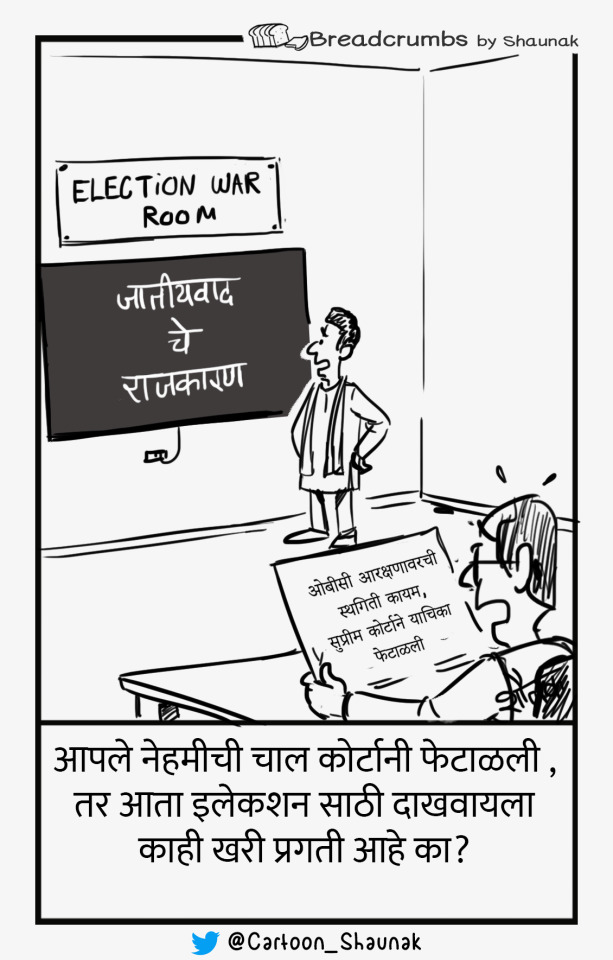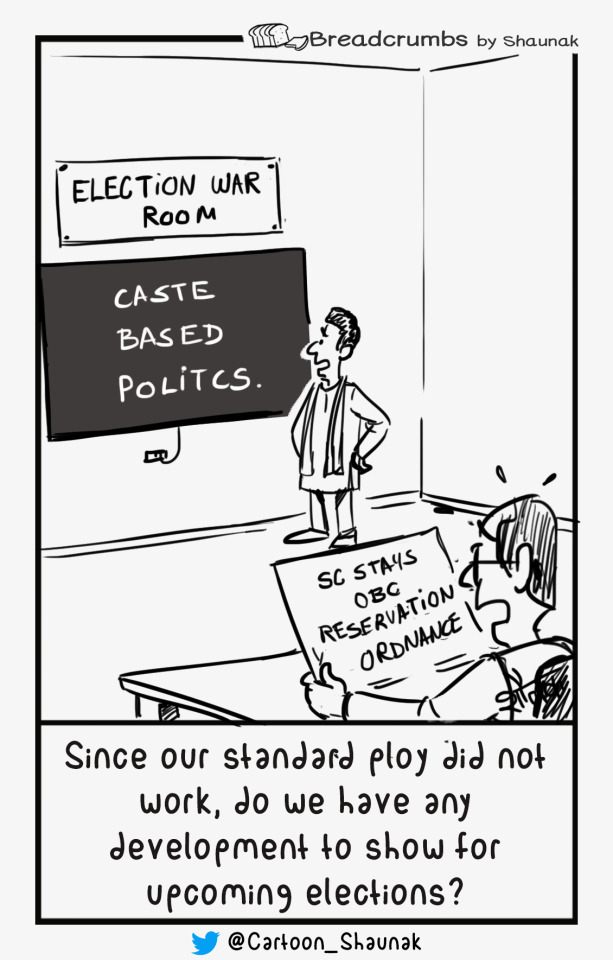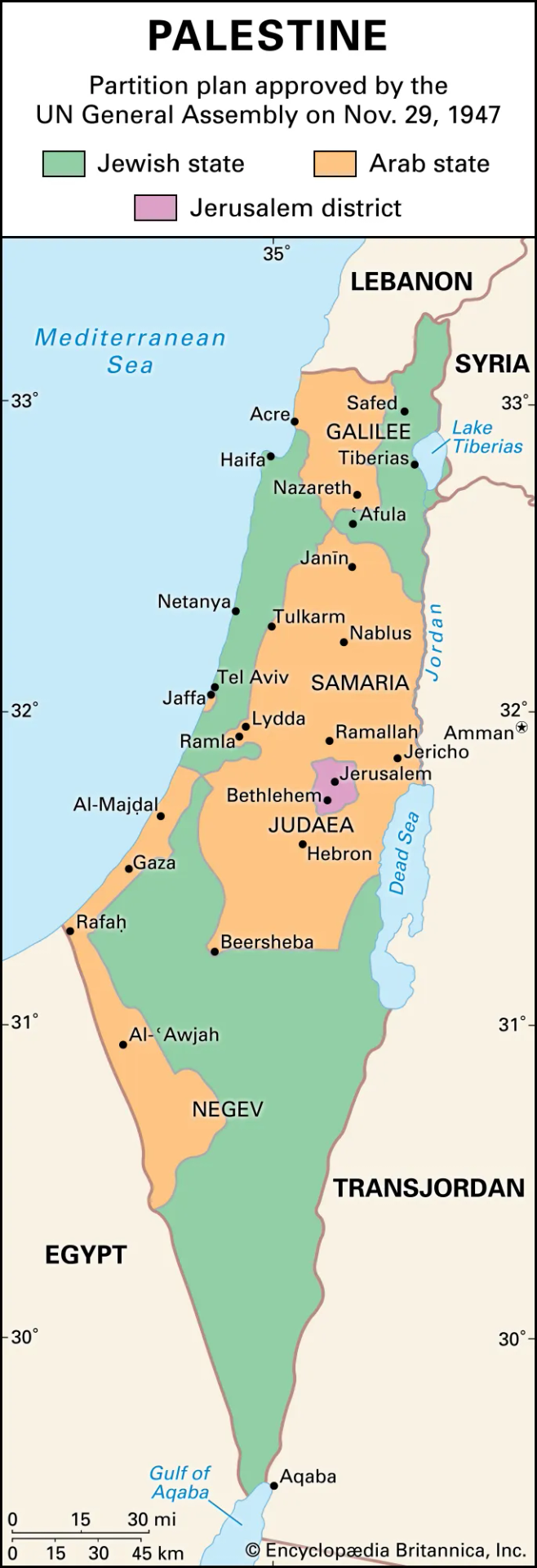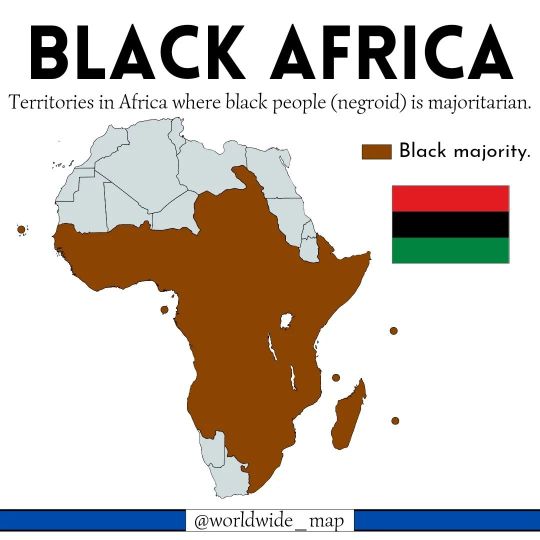#majoritarian
Text
After years of absolute inaction on gun control, the adults in the room actually decided to do something together. Don't focus on the content of the legislation at this time, but look closely at the process.
From the article:
Murphy argued that limiting the negotiations from the outset proved to be key to their success. “I made it 100 percent clear I wasn’t going to be having fruitless arguments in these meetings about things that couldn’t get 60 votes,” he said. “We were all very focused on what could get 60 votes from the beginning, and that helped the discussions advance.”
Implicit in his argument is the reality that Democrats won’t have the votes on their own to do what they want anytime soon, and that the kind of atrocity that would jolt Republicans to truly change their mind on the Second Amendment is impossible to contemplate.
“But,” he added, “I also know that it’s a really bad strategy to wait until you can get everything you want. Because that moment almost never comes.”
Is this a good bill? Maybe. It's modest in it's aims, but sweeping in the fact that something is actually getting done.
But it is a clear sign that politics can be useful when people get away from their own camps, and talk to each other in good faith.
2 notes
·
View notes
Text
Second Treatise of Government EP 13 The Beginning of Political Society
#citizenship#consent#expressconsent#impliedconsent#majoritarian#majority#obligation#unanimity#unanimous
0 notes
Text
Majoritarian politics will ruin civilisations, and instigate bigotry, writes Ashutosh
Majoritarian politics will ruin civilisations, and instigate bigotry, writes Ashutosh
Majoritarian politics will ruin civilisations, and instigate bigotry, writes Ashutosh
“When men rise in enmity and wish to fight,It is not cowardice, say the wise, to refuse the challenge.Even when your enemies do the utmost evil,It is right to do no evil in return.”These prophetic words are part of one of the great Tamil classics, The Four Hundred Quatrains (Naladi Nanuru) which is the product…
View On WordPress
0 notes
Text
there are only 2 kinds of queer headcanons that i hate:
"we didn't have (enough?) skinny white men to ship together so we created them" (think the onceler and himself or phil coulson and hawkeye)
"the only way for us to recuperate this (skinny white) character we hate/don't relate to (usually for the way his [always his] cis/het-ness colors how we understand his bad behavior) is to queer them and change literally nothing else!"
#medium post?#i swear this thought came to me from nowhere#queerness being used to contain (control?) abject qualities of majoritarian society just always gives me pause
2 notes
·
View notes
Text
There's an issue when talking about people who are near the center of the political spectrum, and I think it lies in a nuance between the terms moderate and centrist.
A moderate refers to someone who holds political stances that happen to be near the average of the prevailing clusters of opinions on each side of the issue (within the contextual time and region). My impression is that "centrist" has a different connotation, and a worse one in the way that many -ist terms tend to have negative connotations at least among intellectuals who promote freethought: for instance, Darwinist and evolutionist are mainly used by those who oppose the theory of evolution because the -ist suffix suggests ideological adherence rather than something more scientific-minded (I've always tried to avoid calling myself an evolutionist for this reason).
Similarly, calling someone a centrist seems to suggest that they're adhering to a meta-ideological agenda, one which some people no doubt do pursue: that of choosing, as a rule, stances which reflect the average of the opposing sides. (I've certainly seen people accused of being "radical centrists" if they're perceived to take this philosophy too rigidly.) There are possible defenses for this: one could take something akin to majoritarianism as a guiding light, for instance, where they figure that humans as an overall population tend to be correct about things on average -- sure, we differ widely on certain issues, but the number of people too far on one side is always going to be balanced out by the number of people too far on the opposite side. I personally find this an extremely doubtful assumption. I also tend to think that some people use it as a cover for laziness: there's no need to research issues on your own in an open-minded manner if you can just take the average of the opinions you see around you as the formula for the correct stance.
So according to my interpretation of centrism, it's something I (and I think many others) view unfavorably. But it would be an unfair to conflate this with someone who arrives at their opinions in a freethinking way without reference to the major political parties' stances or how they perceive the camps that most other people belong to, and finds that their views happen to lie near the center on most issues -- in other words, centrists should not be confused with moderates. And I suspect that a lot of hostility towards moderates comes from such a conflation.
13 notes
·
View notes
Link
How did the people in these mobs — made up mostly of white men in the American accounts I’ve read — rev themselves up to peak barbarity? At what point did their humanity go dormant and bloodlust consume their beings?
3 notes
·
View notes
Quote
Submitting ourselves to this political agenda of the communal forces will defeat our Christian mandate to work for the establishment of God’s just world on earth and blemish its legacy in this country towards holding up the values of secularism and social democracy. This is nothing but a violation of the Christian moral principles and the teachings of Jesus Christ. No Christian leaders have been given any mandate from the faith communities to represent them and to compromise with the majoritarian politics. The leaders who indulge in this exclusive politics deceive the grassroots Christian people who face violent attacks from Hindu fanatics. The leaders who forget the history of Indian Christian public witness will take the Indian church to its impending doom and we don’t want to do that. The Indian church wants to challenge the exclusionary politics of the communal forces and stand in solidarity with the other minorities and the subjugated section who are not even considered citizens in this country. Today, Christian participation in nation- building finds its location in the civil society movements that uphold the values of secularism and diversity.
Fr. Dr. Y.T Vinayaraj, director, Christian Institute for the Study of Religion and Society (CISRS)
#CISRS#YT Vinayaraj#India#Jesus Christ#Christian leaders#majoritarian politics#grassroots Christian people#Hindu fanatics#Indian Christians#Indian church#communal forces#nation- building#civil society movements#secularism#diversity
2 notes
·
View notes
Text
why is it the damn tumblr polls that made me realize just how much i hate our electoral system because it’s always so heartbreaking to see like my second or third fav options get no votes when i KNOW people love those options too 😔😔😔😔
#maybe michael being the least voted options in all these polls is making me realize how shitty a majoritarian voting system is#@ staff next update make the tumblr polls a preferential voting system#so i can stop being upset over nothing thank youuuuu
3 notes
·
View notes
Text
me posting tonight like. the institution of the supreme court is important and must be maintained. i think we should have another civil war btw
#but on a real note idk how to explain to people that we need to be able to protect minorities from majoritarian decisionmaking#which is exactly what is happening with the abortion laws in this instance#idk a better way to do it than a supreme court i know it's not ideal but like. if you have ideas lmk
19 notes
·
View notes
Photo


Ever election the incumbent government and opposition plays the same caste and reservation card to get votes. They actual progress and corruption is forgotten by the public blinded by majoritarian vote bank. We already know where the same has put Sri Lanka.
#breadcrumbs toons#politics#elections#obc ordanance#supreme court#india#caste#vote bank#majoritarian politics#sri lanka
5 notes
·
View notes
Text
Despite the challenges posed by GST rate inflation in pump, grinder, and OEM industries, as well as the significant setbacks faced by the textile industry due to central government policies over the past decade, Coimbatore has remained resilient.
This resilience can be attributed to the robust infrastructure developed by successive Dravidian governments, the presence of reputable educational institutions, the establishment of Tidel parks, favorable climatic conditions, and the enduring spirit of its people.
To suggest that Coimbatore's development hinges solely on the intervention of a BJP is not only inaccurate but also disrespectful to the contributions of Dravidian leaders spanning generations.
From Diwan Bahadur Rathnasabapathy to present-day governance, their efforts have played a pivotal role in shaping the city's progress.
In the aftermath of the bomb blasts in Coimbatore, many individuals who once sought livelihoods in the city departed, leaving behind a community determined to restore normalcy.
However, among those who returned, a faction emerged— individuals who, instead of contributing positively, sought to assert dominance over local businesses. These individuals, often identified by their support for particular religious affiliations, engaged in practices that suppressed native enterprises.
Absolutely, democracy empowers us to make informed choices based on the principles of justice, equality, and secularism. It's crucial to assess candidates based on their commitment to these values rather than succumbing to divisive narratives or majoritarian dominance. Each vote is an opportunity to uphold the ideals of a pluralistic society and ensure that the voice of every citizen is heard and respected.
1 note
·
View note
Text
telugu is very very sanskritised (latest script and lingually) and it pisses me off everytime i think abt it
#i know i KNOW there's no such thing as language purity and lingual evolution is inevitable no matter what#but the AMOUNT of influence brahmins in particular have a hold on this tongue is just-#irritating as fuck if u take other majoritarian southern languages into count -_-'#s.txt
1 note
·
View note
Text

[ID: Map of the partition plan approved by the UN general assembly on November 29, 1947. It marks the "Jewish state" in green (all the border to the east with Syria, much of the south and the inland west including the southern half of the Dead Sea; and most of the northern coastline with the Mediterranean Sea) and the "Arab state" in orange (a strip on the western border with Egypt and southern part of the border with the Mediterranean, including Rafah and Gaza; and the mostly inland north including the area where the Jordan flows into the Dead Sea. In purple the "Jerusalem district" in the center of the country is marked. End ID]
But how fair, balanced, pragmatic, and practicable was the UN 1947 partition plan itself? In gross terms, the partition resolution awarded 55.5 percent of the total area of Palestine to the Jews (most of whom were recent immigrants) who constituted less than a third of the population and who owned less than 7 percent of the land. The Palestinians, on the other hand, who made up over two thirds of the population and who owned the vast bulk of the land, were awarded 45.5 percent of the country of which they had enjoyed continuous possession for centuries.
Looking at the situation in greater detail, Palestine was a country of 27 million dunams (4 dunams = 1 acre). Its population in December 1946 was just under 2 million (1,972,000): 1,364,000 Palestinians and 608,000 Jews. The partition plan divided the country into eight sections: three Jewish, three Palestinian, an international enclave (corpus separatum) including municipal Jerusalem and the surrounding villages, and an enclave for Jaffa that would be part of the Palestinian state, albeit completely surrounded by the Jewish state [...].
At the time, one of the arguments frequently raised by the Jews against a unitary state in Palestine had been the unfairness of Arab majoritarian rule over the Jewish minority. Commenting on this argument, the Pakistani delegate at the UN, Muhammad Zafrulla Khan, remarked: "If it is unfair that 33 percent of the population of Palestine [the Jews in the proposed unitary state] should be subject to 67 percent of the population, is it less unfair that 46 percent of the population [the Arabs in the proposed Jewish state] should be subject to 54 percent?" [...]
In terms of land ownership, despite over seventy years of intensive, centrally organized and internationally financed colonization since the early 1880s, Jewish-owned land on the eve of the partition resolution amounted, according to Jewish sources, to 1,820,000 dunams, or less than 7 percent of the total land area of the country. Now, at the bang of his gavel [...], the president of the UNGA [...] "awarded" the Jews 15,000,000 dunams for the Jewish state. Within the borders of this state, Jewish-owned land at its most inflated estimate amounted to 1,678,000 dunams, or 11.2 percent. [...]
But it was not only the extent of the land allotted to the Jewish state that was at issue. The best lands were incorporated within it—most of the fertile coastal plains (from Jaffa to Haifa) and all the interior plains (from Haifa to Baysan and Tiberias). These included almost all the citrus and cereal producing areas. Half of the former and the vast bulk of the latter were owned by Palestinians. Citrus was the main export crop of the country, accounting before World War II for 80 percent of the total value of exports. [...] As if this were not enough, a full 40 percent of Palestinian industry and the major sources of the country's electrical supply fell within the envisaged Jewish state.
[...] Jaffa [...], the historical Palestinian port and vibrant center of Palestinian cultural and social life, was not only confined within its municipal borders, with no living space for any growth or development, but was also cut off from the orange groves that bore its name and were its principal source of economic livelihood. Haifa—the main port of Palestine, the terminal of the oil pipeline from Iraq, the petroleum depot for the entire country, seat of the most active entrepreneurial sectors of Palestinian society [...]—fell squarely within the Jewish state. Many of the other major Arab towns included in the Palestinian state [...] were left just inside its borders but without their most fertile lands or economic hinterlands. The upper reaches of the Jordan River, and therefore control of the major source of riverine water supply to the Palestinian state, were vested in the Jewish state. The whole of Lake Tiberias and its rich fishing industry, traditionally in Palestinian hands, was incorporated within the Jewish state. The bulk of the Palestinian state, restricted to the central highlands, was landlocked with no direct access to the Red Sea southward or the Mediterranean westward. Its two other coastal towns (apart from isolated Jaffa) had no harbors or port facilities. The only airport (near Lydda) in the country with international connections went to the Jewish state, leaving the Palestinian state with no air access either.
– 1997. Walid Khalidi, “Revisiting the UNGA Partition Resolution,” Journal of Palestine Studies 27.1, pp. 5-21.
714 notes
·
View notes
Photo

Territories in Africa where black people (negroid) is majoritarian.
by worldwide_map
131 notes
·
View notes
Link
In Zubair’s case, not only was he targeted by a network of inauthentic bot accounts calling for his incarceration, the person to whom this network is linked is deeply embedded into the party currently in power in India. This is particularly troubling when viewed in light of the fact that during his appeal in the Delhi high court against his remand today, the person arguing for the prosecution was the solicitor general of India. That the Union government would deploy one of its seniormost counsels – ostensibly for a case about a joke tweet – underlines the political nature of the entire campaign.
0 notes
Text
When you're only 3% of the population, you rely on the other 97% to do the right thing," she says. It comes down to human compassion [but] there's still a blame the victim mentality - as though what happens to us is what we deserve. Maybe future generations will change that narrative.
Raylene Nixon, mother of Steven Nixon-McKellar
#Raylene Nixon#Steven Nixon-McKellar#majoritarianism#democracy#compassion#victim blaming#racism#Australia#Aboriginal and Torres Strait Islander people
1 note
·
View note